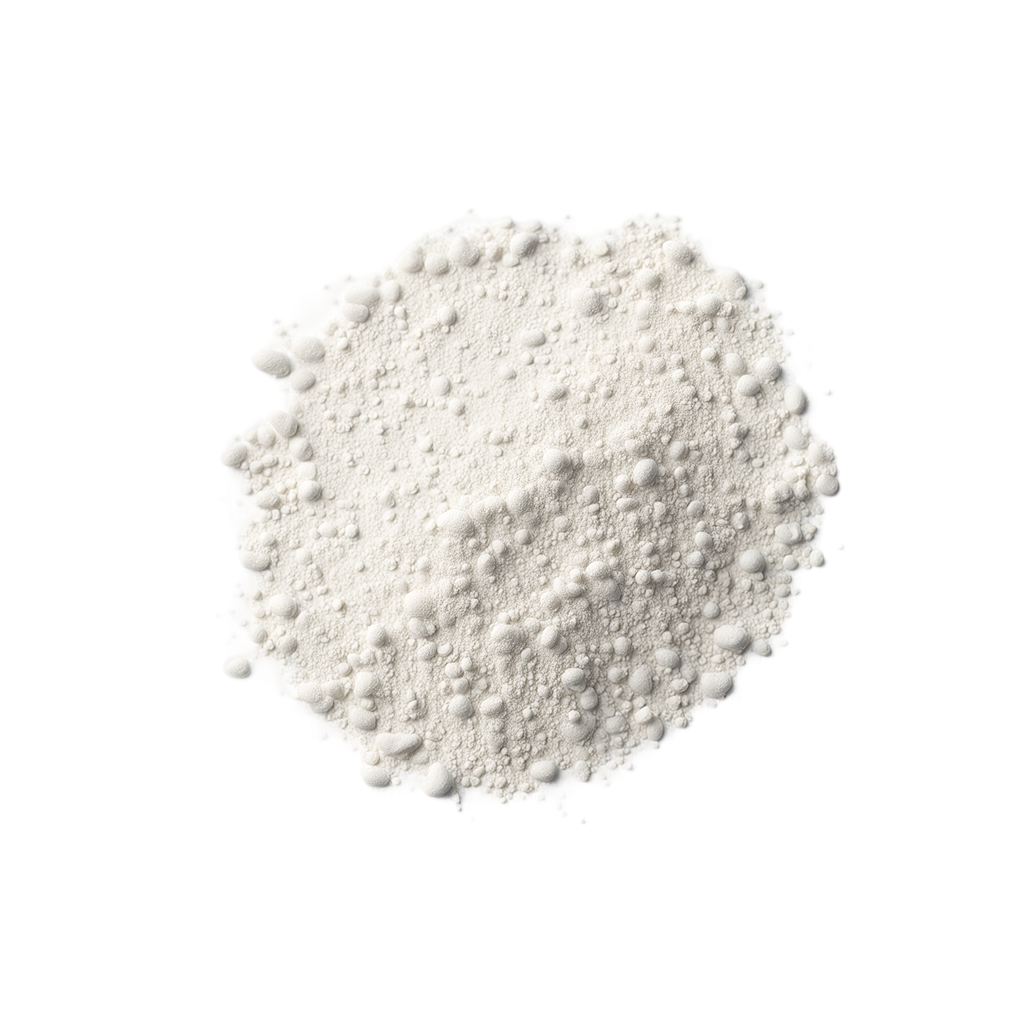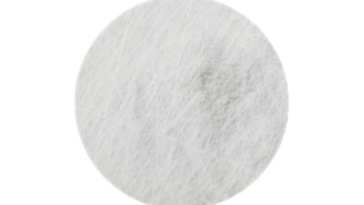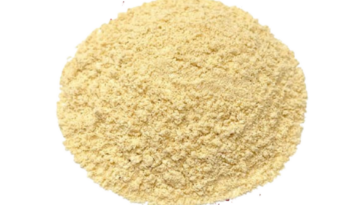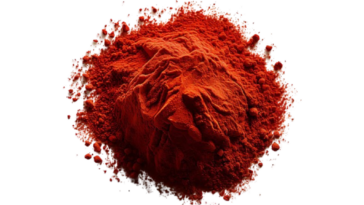Bifidobacterium bifidum, commonly referred to as B. bifidum, is a species of bacteria that naturally resides in the human gastrointestinal tract, particularly in the large intestine. Its origins trace back to the pioneering work of Henri Tissier, a French pediatrician, who in the early 20th century, observed the presence of these bacteria in the stool of breastfed infants. Tissier noted that these bacteria were more prevalent in infants who appeared healthier, leading him to hypothesize that they played a beneficial role in gut health. His research laid the foundation for understanding the significance of B. bifidum and other bifidobacteria in human health.
Further studies over the decades have affirmed the importance of B. bifidum in maintaining gut health. This species is known for its ability to ferment various carbohydrates, producing short-chain fatty acids such as acetate, propionate, and lactate, which contribute to the acidic environment in the gut and inhibit the growth of harmful bacteria. B. bifidum also helps in the digestion of dietary fibers and the absorption of essential nutrients, while modulating the immune system and promoting a healthy balance of gut microbiota. Today, B. bifidum is commonly included in probiotic supplements and functional foods due to its potential health benefits, ranging from supporting digestive health to boosting immunity.
Vitamins & Minerals:
Bifidobacterium bifidum, often simply referred to as B. bifidum, is a species of beneficial bacteria commonly found in the human gut microbiome. While B. bifidum primarily serves as a probiotic, aiding in the maintenance of gut health and supporting the immune system, it also contains a range of vitamins and minerals crucial for overall well-being.
Vitamins present in B. bifidum include B vitamins such as B1 (thiamine), B2 (riboflavin), B3 (niacin), B5 (pantothenic acid), B6 (pyridoxine), B7 (biotin), B9 (folate), and B12 (cobalamin). These vitamins play essential roles in various metabolic processes, including energy production, DNA synthesis, and nerve function. For instance, vitamin B12 is crucial for the formation of red blood cells and the maintenance of the nervous system, while folate is essential for cell division and the prevention of neural tube defects during pregnancy. By providing these vitamins, B. bifidum contributes to the overall nutritional status of the host and supports vital physiological functions.
In addition to vitamins, B. bifidum contains minerals such as iron, magnesium, zinc, calcium, and potassium. These minerals are essential for numerous biological processes, including bone health, muscle function, nerve transmission, and immune function. Iron, for example, is critical for oxygen transport in the blood and energy production, while calcium is necessary for bone strength and teeth formation. Zinc plays a key role in immune function, wound healing, and DNA synthesis, while magnesium is involved in over 300 enzymatic reactions in the body. Potassium regulates fluid balance, nerve signals, and muscle contractions. By providing a source of these vital minerals, B. bifidum contributes to the maintenance of overall health and well-being.
Probiotic, Prebiotic, or Postbiotic:
Bifidobacterium bifidum (B. bifidum) is primarily considered a probiotic. Probiotics are live microorganisms that, when administered in adequate amounts, confer a health benefit on the host. B. bifidum is one of the beneficial bacteria naturally found in the human gut microbiota, particularly in the colon. It plays a crucial role in maintaining gut health by aiding in digestion, supporting the immune system, and preventing the growth of harmful bacteria.
However, B. bifidum can indirectly contribute to prebiotic and postbiotic effects as well:
- Prebiotic: Prebiotics are non-digestible food ingredients that promote the growth and activity of beneficial bacteria in the gut. While B. bifidum itself is not a prebiotic, it can thrive and proliferate in the presence of certain prebiotic substances such as inulin, oligosaccharides, and resistant starches. These substances serve as fuel for B. bifidum and other beneficial bacteria, thereby promoting their growth and activity in the gut.
- Postbiotic: Postbiotics are bioactive compounds produced by the metabolic activity of probiotic bacteria or released upon their lysis. While B. bifidum primarily functions as a probiotic, its metabolic activities can result in the production of various bioactive compounds such as short-chain fatty acids (SCFAs), vitamins, enzymes, and antimicrobial peptides. These postbiotic metabolites can exert beneficial effects on gut health, immune function, and overall well-being.
In summary, Bifidobacterium bifidum primarily acts as a probiotic by directly conferring health benefits on the host through its presence and activity in the gut. However, it can indirectly contribute to prebiotic effects by thriving in the presence of certain prebiotic substances and to postbiotic effects by producing bioactive compounds that promote gut health.
Dietary & Health Information:
Bifidobacterium bifidum (B. bifidum) is a type of probiotic bacteria found naturally in the human gastrointestinal tract. It is considered beneficial for health, particularly for its role in supporting digestive health and immune function.
When it comes to dietary and health information for B. bifidum, here are some key points:
- Digestive Health: B. bifidum helps maintain a healthy balance of gut bacteria, which is essential for proper digestion and absorption of nutrients. It can also help alleviate symptoms of digestive disorders such as irritable bowel syndrome (IBS) and diarrhea.
- Immune Function: Some studies suggest that B. bifidum may help enhance the immune system by stimulating the production of antibodies and supporting the function of immune cells.
- Anti-inflammatory Properties: B. bifidum may have anti-inflammatory effects, which could be beneficial for conditions characterized by inflammation in the gut.
- Vaginal Health: B. bifidum has been studied for its potential benefits in maintaining vaginal health by preventing the overgrowth of harmful bacteria and yeast.
- Maximum Intake: There isn’t a specific maximum intake of B. bifidum established for everyone. However, it’s generally recommended to follow the dosage instructions provided on the product label or as advised by a healthcare professional. Overconsumption of probiotics, including B. bifidum, may lead to gastrointestinal discomfort such as bloating and gas in some individuals.
When choosing a probiotic supplement containing B. bifidum, it’s important to select a reputable brand that provides viable bacteria in sufficient quantities. Additionally, incorporating B. bifidum-rich foods into your diet, such as yogurt and fermented foods, can also be beneficial for overall gut health. As always, it’s a good idea to consult with a healthcare provider before starting any new supplement regimen, especially if you have underlying health conditions or are taking medications.




 No products in the cart.
No products in the cart.